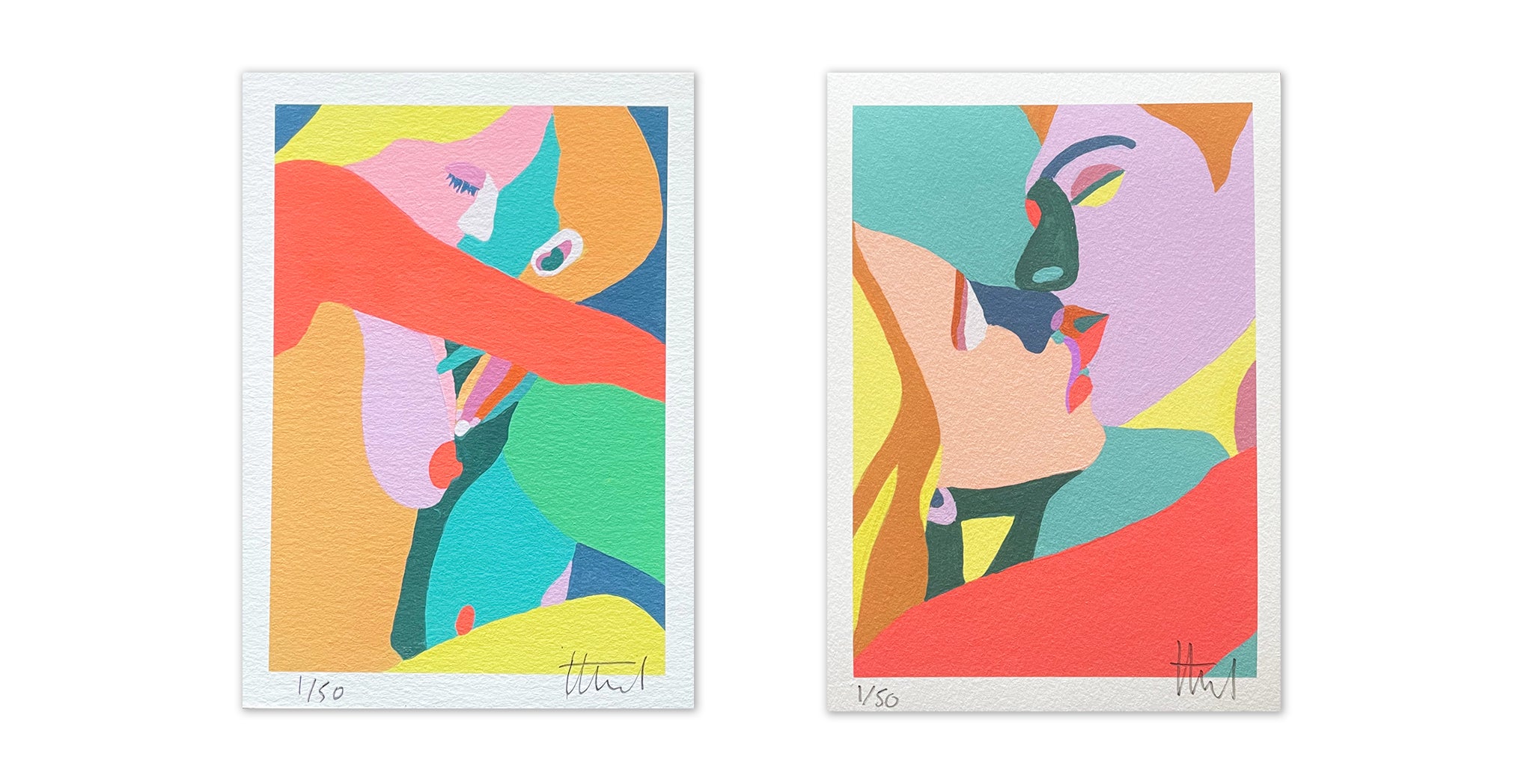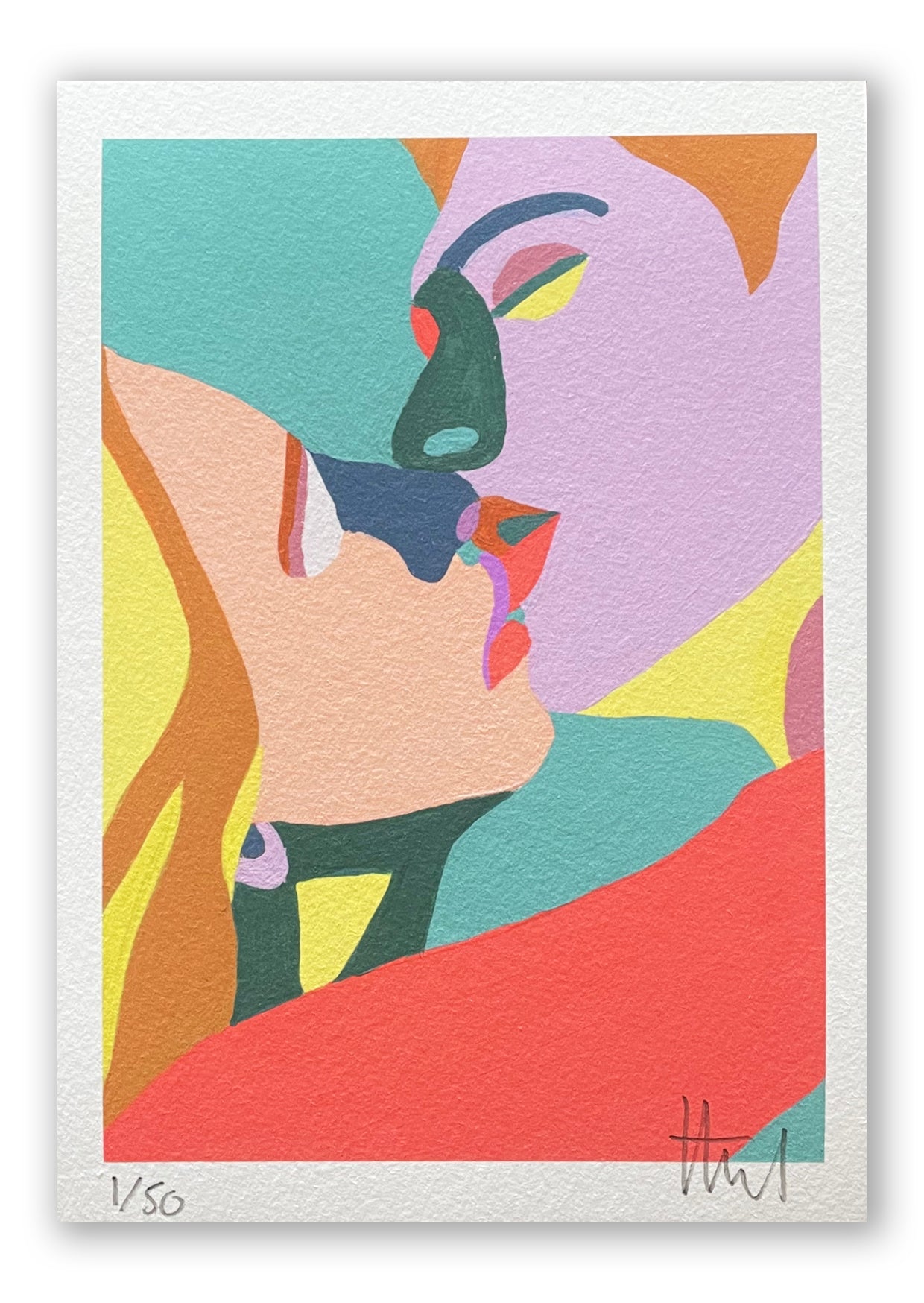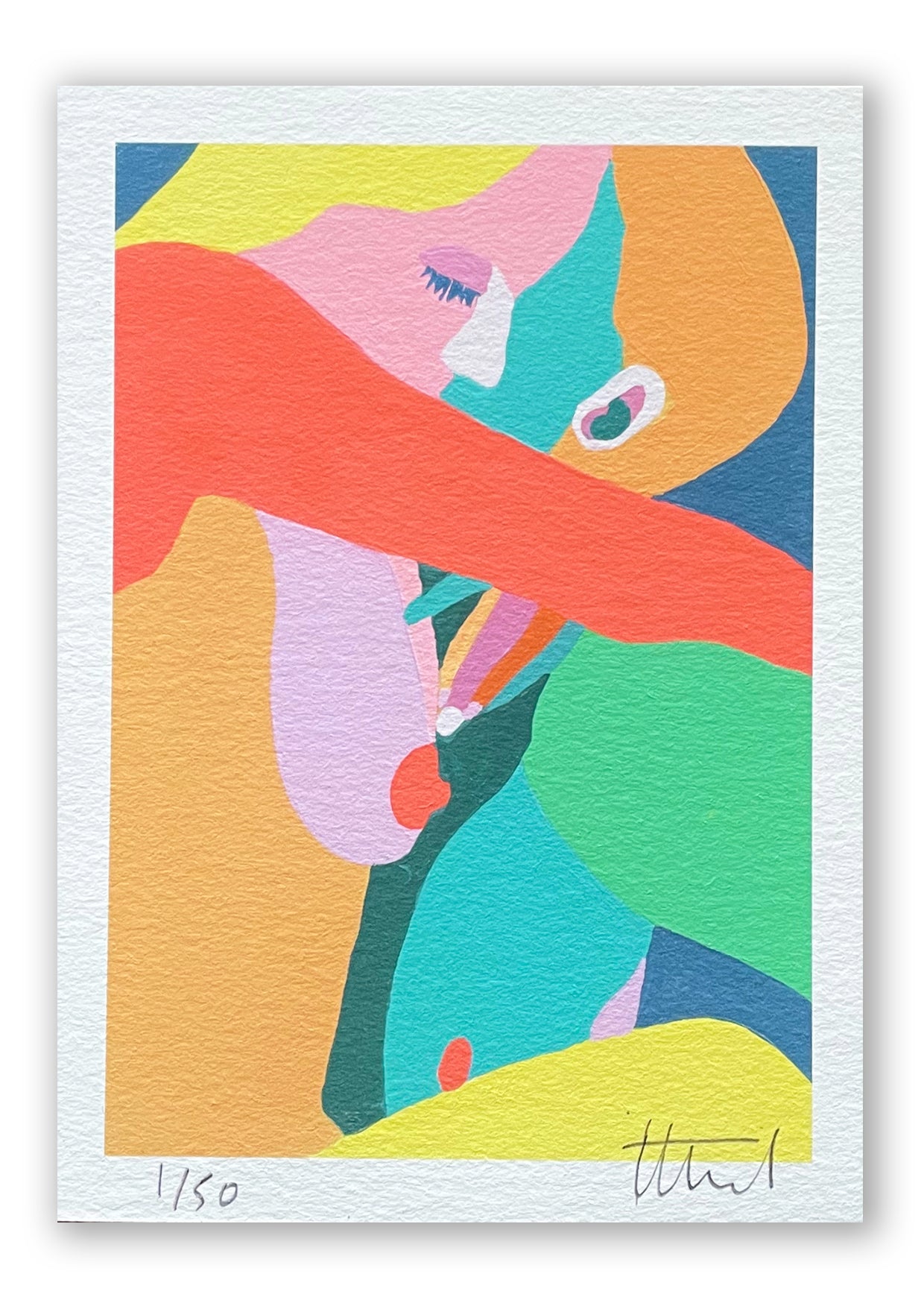Paul Edward Theroux is an American travel writer and novelist, whose best-known work is The Great Railway Bazaar. He has published numerous works of fiction, some of which were adapted as feature films. He was awarded the 1981 James Tait Black Memorial Prize for his novel The Mosquito Coast, which was adapted for the 1986 movie of the same name. Here he writes on the beauty of the Ukulele ahead of our Art on a Ukulele concert on the 12th of September.
Paul Theroux: The Ukulele
The beauty of a ukulele in Hawaii is that the sweet plinking of its strings never drowns out the other music of the islands; it harmonizes with the slosh of waves on sand, the rattle the palm fronds, the sigh of iron woods in the Trade Winds. The uke- not ancient here – was first remarked upon on a particular day, Sept 3, 1879. A British clipper ship, the Ravenscrag, had recently arrived from Madeira, 12,000 miles away. When the newly arrived passengers began busking on Honolulu street corners, the Hawaiian Gazette wrote that day of the “strange instruments, which are a kind of cross between a guitar and a banjo, but which produce very sweet music in the hands of the Portuguese minstrels.”
Among the new immigrants, who had come from their impoverished island to prosperous sugar-growing Hawaii to cut cane, were three men who ended up making a living fashioning a new instrument, combining the virtues of an instrument they call a machete with a similar but much smaller Portuguese rajao. This new creature, now four strings, and made of local, brilliantly flamed and strong koa wood, was named ukulele, the word for jumping flea.
The ukulele’s greatest boost was that it was loved by the young king, David Kalakaua (1836-91), who learned to play it and sing. We know this from R. L. Stevenson, who feasted with the king, whom he called “a too convivial sovereign” (“a bottle of fizz is like a glass of sherry to him”). Stevenson’s step-daughter, Belle Strong wrote in her memoir This Life I’ve Loved, that his majesty usually strummed and crooned his favorite, Sweet Lei-lei-hua, but once, in his cups “he electrified us” by singing,
Hoky Poky winky wum
How do you like your taters done?
Boiled or with their jackets on?
Sang the King of the Sandwich Islands.
The heroes of ukulele are Herb Ota, Jake Shimabukuro, and Israel Kamakawiwoʻole -Brudda Iz ,who a giant at 700 pounds, strummed his uke – tiny in his hands – and sang like an angel. In his house in Maui, George Harrison, played and sang to friends. The small simple instrument of such versatility, gives life to a gathering. Virtually every family I know in Hawaii owns a ukulele (mine was made by a Madeira descendent, David Gomes, in Kapaau on the Big Island.) At some point in a party, someone picks up a ukulele and plays – well or badly - an island ballad, a rude (kolohe) song, a teasing tune, or something romantic, while the wind rattles the palms.

















